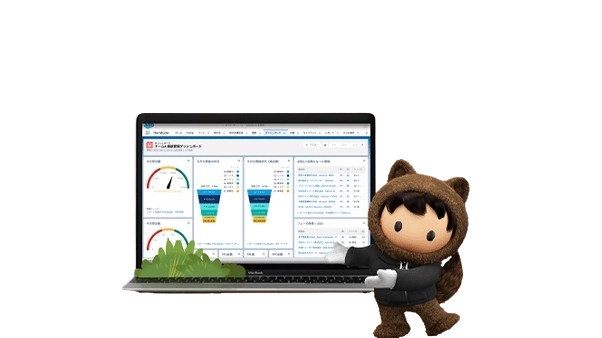In the highly competitive real estate industry, staying ahead means more than just finding leads; it’s about managing relationships, tracking performance, and closing deals efficiently. Traditional methods often fall short in keeping up with the fast pace of property sales, client communications, and market demands. This is where Salesforce for real estate comes in as a game changer.
Salesforce offers an intelligent, data-driven CRM platform that helps real estate agents, brokers, and firms streamline operations, boost sales, and enhance customer satisfaction. Let’s explore seven major benefits of using Salesforce for real estate businesses.
1. Centralized Client and Property Management
Real estate professionals handle a large volume of client data, property listings, and transaction details daily. Salesforce simplifies this by providing a centralized database that stores all client interactions, preferences, and property information in one place.
This organized approach ensures agents always have access to accurate, updated information leading to faster responses, improved communication, and stronger client relationships.
2. Streamlined Lead Management and Follow-Ups
Generating leads is vital in real estate, but managing them efficiently determines long-term success. Salesforce enables agents to track every lead’s journey from initial inquiry to closing. Automated workflows assign leads, set follow-up reminders, and trigger alerts when prospects show interest.
With this level of automation and visibility, sales teams never miss opportunities, ensuring higher conversion rates and better time management.
3. Data-Driven Insights and Forecasting
In real estate, data plays a crucial role in decision-making. Salesforce provides detailed reports and dashboards that give real-time insights into sales performance, market trends, and customer behavior.
Agents and managers can use these analytics to identify high-performing properties, track campaign results, and make informed decisions that drive profitability. Predictive analytics also helps forecast future sales and optimize marketing strategies.
4. Seamless Collaboration Across Teams
Real estate deals often involve multiple stakeholders from sales and marketing teams to finance and legal departments. Salesforce enhances collaboration by allowing all team members to share updates, documents, and client notes in real-time.
With tools like Salesforce Chatter and Slack integration, communication becomes seamless, reducing delays and miscommunication. This teamwork-oriented approach ensures smoother transactions and a better client experience.
5. Marketing Automation for Better Outreach
Marketing is essential to attract buyers and sellers in a competitive real estate landscape. Salesforce allows businesses to create targeted email campaigns, automate social media outreach, and segment audiences based on preferences and behavior.
By delivering personalized messages at the right time, real estate professionals can nurture leads more effectively and build stronger brand visibility without relying on manual marketing tasks.
6. Enhanced Mobility and Remote Access
The real estate business thrives on flexibility. Salesforce’s cloud-based platform enables agents to access client information, property listings, and deal updates anytime, anywhere.
Whether meeting clients onsite or traveling between properties, agents can use mobile apps to update deals, check leads, or send quick follow-ups, ensuring no opportunity is missed, even outside the office.
7. Scalability for Growing Businesses
As your real estate business grows, so does your client base and operational needs. Salesforce is designed to scale effortlessly with your business. You can add new users, integrate third-party tools, or expand functionalities like marketing automation, analytics, or AI-powered insights, all without disrupting daily operations.
This scalability ensures that Salesforce continues to support your long-term goals as your organization evolves.
Conclusion
In an industry where relationships and timing are everything, Salesforce provides real estate professionals with the tools they need to work smarter, not harder. From lead management and automation to analytics and scalability, the platform empowers teams to deliver exceptional client experiences and close deals faster.
Adopting Real Estate CRM isn’t just a technology upgrade; it’s a strategic investment that enhances productivity, strengthens customer trust, and drives business growth in a competitive market.








Leave a Reply